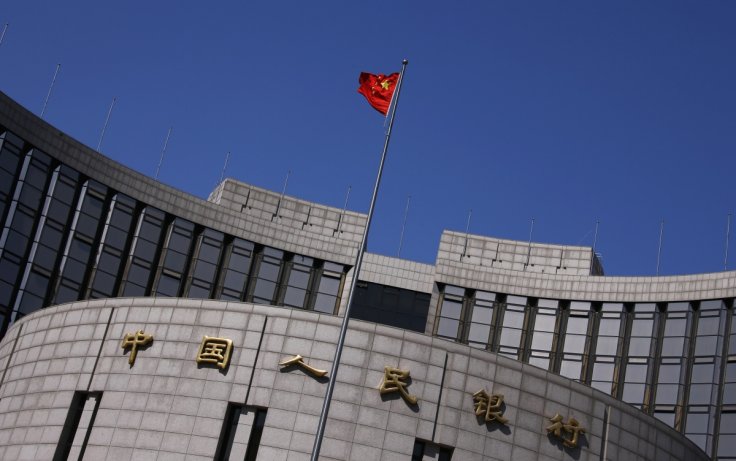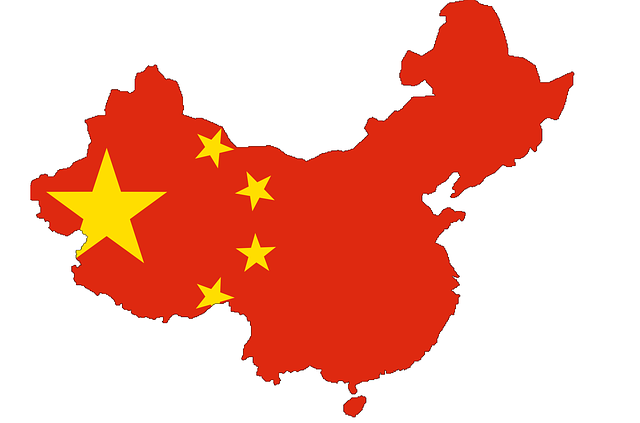China's Covid-19 daily infection numbers hit a record high on Thursday, prompting the government to roll out more regulations and curbs including mass testing and lockdowns. The surge in coronavirus cases is a surprising new blow for Beijing, which has been pushing on with extremely unpopular measures to contain the outbreak and inflicting financial pain on vast swathe of the population.
32,000 New Covid Cases on a Day
On Thursday, nearly 32,000 new Covid-19 cases were reported across the country, which is the highest number since the pandemic began nearly three years ago. On Wednesday, newly reported Covid-19 cases had stood at 29,754. While Guangzhou reported more than 7,500 cases, there were 6,000 cases in Chongqing and 1,800 new cases in Beijing. The late surge in the pandemic numbers has already forced the authorities to shut down schools in some capital districts.

China eased its harsh zero-Covid policy measures two weeks ago following widespread discontent in the country amid a marked deterioration in the economy. However, the rise in cases and the reported deaths, the first in several months, have forced Beijing again to enforce lockdowns and other restrictions.
The zero-Covid policy had further exacerbated the economy, which was already reeling from a property market meltdown and a broad slowdown amid global downside pressures.
Slowing Growth
The Chinese economy's growth had decelerated to just 3 percent in the first three quarters of 2022, which is far below the targeted annual growth rate of around 5.5 percent. Analysts at Nomura Holdings have cut China's 2023 economic growth forecast to 4 percent.
Amid the economic challenges spawned by the return of Covid-19 outbreak, the Chinese central bank injected more liquidity into the economy by readjusting the reverse repo rates. The People's Bank of China (PBOC) said on Friday it will release 500 billion yuan ($69.8 billion) in long-term liquidity to prop up the economy.
PBOC's reverse repo rate cut by 25 basis points will become effective from December 5. The central bank said the reduction in key rates will keep liquidity 'reasonably ample' and increase the support for the real economy. It will also help banks support industries damaged by the Covid pandemic, it said.

Economists at Bloomberg said that with the increased Covid cases amid other global challenges, China's return to growth will be difficult. "With Covid flareups proliferating -- prompting renewed restrictions on activity -- and global growth slowing, it won't be easy going for the economy. Given that outlook, we expect the PBOC to maintain a stance of gradual easing into 2023," Bloomberg Economics said.
"Looking ahead to next year, we expect the PBOC to trim the RRR by another 50 bps. It may also cut its one-year medium-term lending facility rate, a key policy interest rate, by 20 bps. We think it would do that in two moves, with the first 10-bp cut in 1Q23," the analysts added.








